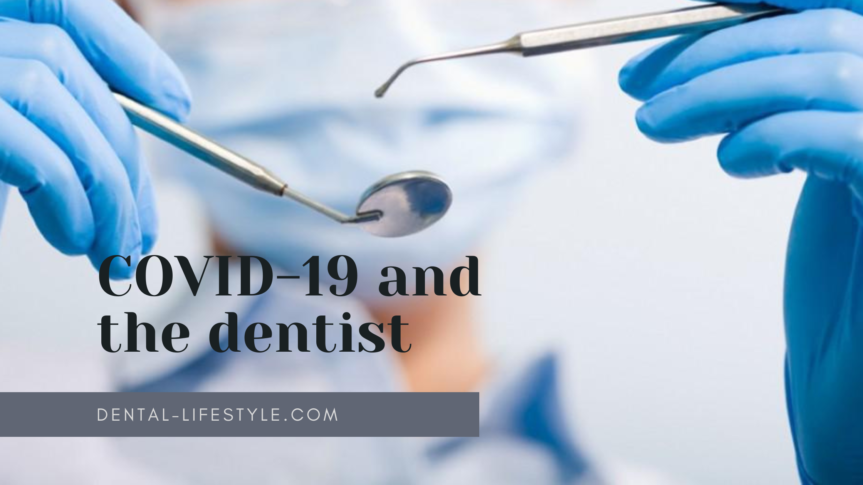Raising awareness of the aerosol-related transmission of Covid-19, since dentists are in direct contact with aerosols during almost every dental procedure. This is actually the reason why dental clinics were kept closed during the first breakdown of the virus. Patients that tested positive or patients that appear with mild symptoms of the virus should not visit the clinic.
How can I manage toothache at home? What kind of incident is considered an emergency? When should I visit my dentist? These and many more questions related to this subject will be answered in this article.
Let’s now see in detail how you can manage any problems that may occur from home.
You Are in Need of Emergency Dental Treatment if:
- Swelling appeared under your eye, in your throat, or under your tongue.
- Haemorrhage after tooth extraction that will not pass even after 20 minutes by applying pressure on the site by biting down on a gauge.
- Haemorrhage after an injury.
- Fracture of a tooth’s clinical crown or root accompanied by severe pain.
- Severe toothache that disturbs your sleep and chewing accompanied by swelling and/or temperature rising, which doesn’t subside even after painkillers.
If any of these symptoms appear, contact your dentist.
You Should Vist a Hospital if:
- Swelling appears in your facial area that disturbs your vision, breathing or mouth opening.
- You fainted and symptoms like double vision or nausea appeared.
Which Symptoms are NOT Considered an Emergency:
If any of the following is a concern of yours, there is no need to panic, you are not considered a dental emergency and your dental visit should be rescheduled after the end of the lockdown.
- Any prosthetic work (crown, veneer, bridge) that appears with mobility or even breaks, should be dealt with at home, by following the instructions given to you over the phone.
- The full or partial denture that broke or doesn’t fit properly anymore.
- Bleeding gums.
- A dental restoration that broke.
- Minor fracture of a dental crown, not followed by severe pain.
Pain Management:
- Painkillers are indicated as long as you follow the instructions properly.
- If you tested positive for Covid-19 you should avoid using painkillers with ibuprofen as the active substance.
Teeth Sensitivity:
In case of teeth sensitivity, you should use a desensitizing toothpaste. The toothpaste should be applied on the region of concern and not rinsed afterwards. In case of intense pain use of a painkiller is advisable.
Wisdom Tooth Pain:
- Proper oral hygiene is key. Practise it especially on the region of your wisdom tooth, no matter the pain.
- Use of mouthwash with chlorhexidine, following of course. the instruction is given to you.
- Prefer consuming softer foods.
- The use of painkillers is recommended as long as you follow the instructions given to you.
In case of swelling in the region that makes swallowing difficult for you, the use of antibiotics would be preferable, but you have to contact your dentist first.
Oral Ulcer:
Most mouth ulcers usually subside after 7-10 days, they can be painful though and cause discomfort.
- Use a chlorhexidine-based mouthwash, following the instructions given to you.
- Proper oral hygiene is key.
- Consume softer foods.
- Use of painkillers is indicated, as long as you follow the proper instructions.
- Use of special gels is also indicated, you can find them in your pharmacy store.
Full or Partial Denture that Does NOT Fit:
Even though it could become quite annoying, having a denture that won’t fit, is not considered an emergency case. You could buy a proper dental adhesive from your local pharmacy store.
Bleeding Gums:
Inflammation of the gums could be minimized by practising daily proper oral hygiene. You should not avoid the areas that are painful, instead, you should focus on them.
You should brush twice a day for two minutes each time, use interdental brushes or/and dental floss.
At your disposal,
Athina Tsiorva DDS


